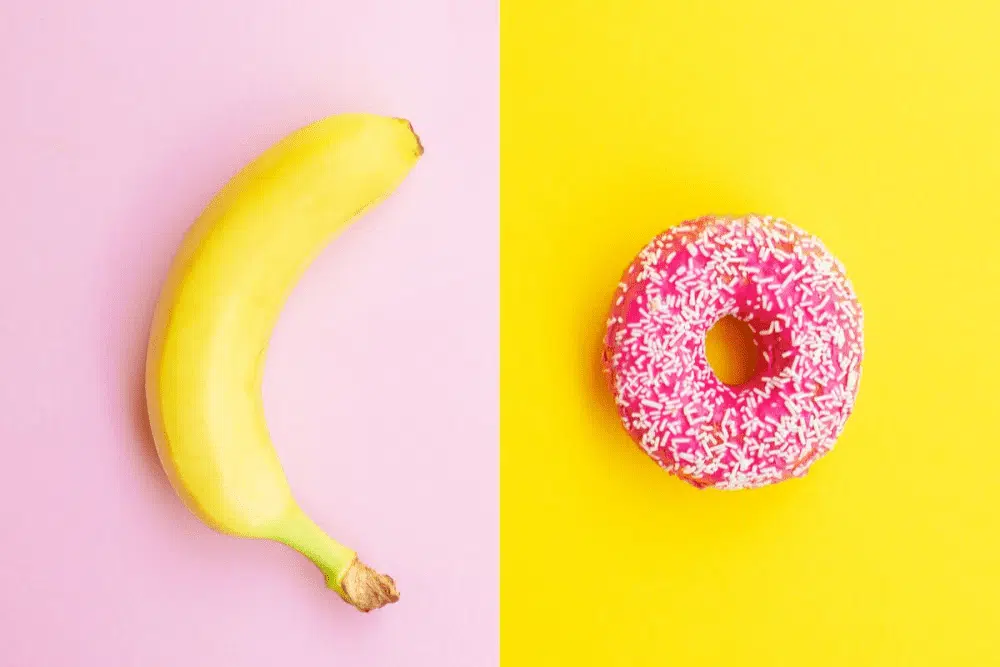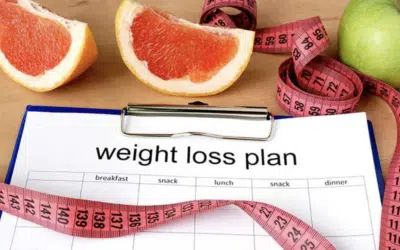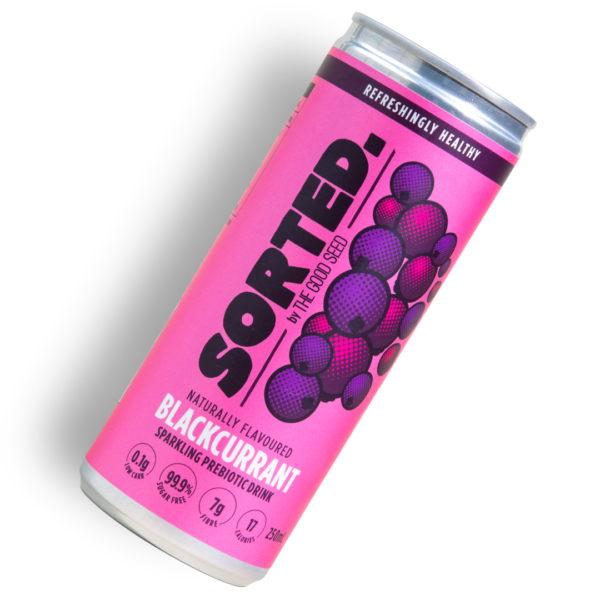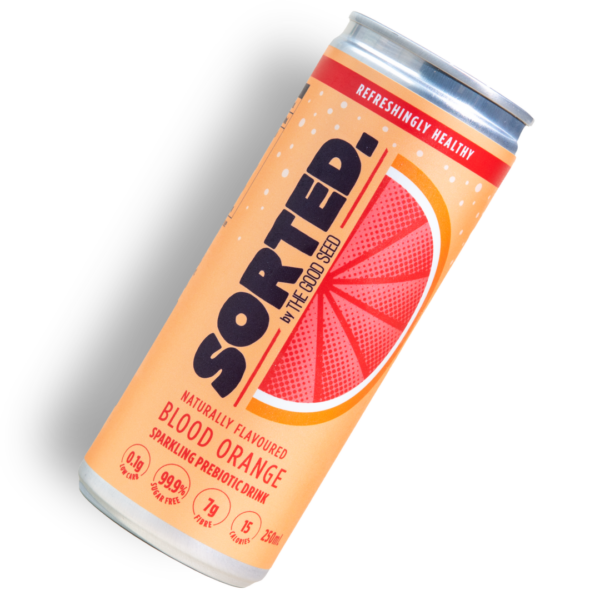“Why Do We Love Sweet Things?” Ever wondered why you crave that sugary snack or dessert after dinner?
Well, you’re not alone!
Humans have a natural tendency to crave sweet things, and there are some good reasons for it.
1. Survival & Evolution
Yeah, sounds a bit ominous but hear me out. First of all, let’s talk about evolution.
Our ancestors lived in a time when food was scarce and hard to come by.
They needed to eat whatever they could find to survive. Sweet foods, like fruits and honey, were a great source of energy and nutrients.
Our bodies learned to crave sweet foods because they were so important for our survival.
So even though we don’t need to hunt for our food anymore, our bodies still have this natural attraction to sweet flavours.
That’s why sugary foods taste so good to us!
2. Happiness & Feel Good Factor
But there’s more to sugar cravings than just survival.
Sweet foods also make us feel good!
When we eat something sweet, our brains release a chemical called dopamine.
This chemical makes us feel happy and satisfied. That’s why eating sweets can feel like a reward or a treat.
Sugary stuff can also lift your spirits when your batteries feel a bit discharged.
When we feel tired or stressed, our bodies release a hormone called cortisol. This hormone can make us feel more anxious, irritable, and tired.
Remember how sugar triggers insulin, which helps us feel more energised with all that glucose in our cells?
Yeah, well this gives you more energy. This burst of energy is what lifts your mood and spirits. It makes you feel more awake. More alert. This makes you feel much better in the moment.
3. Instant Energy
When we eat sugary foods like candy, cookies, or soda, they contain a type of sugar called glucose.
Glucose is a type of carbohydrate that our bodies can use as fuel to create energy.
Once we eat sugary foods, our bodies break down the glucose into a form that can be used by our cells to create energy. This process is called cellular respiration, and it takes place in tiny structures called mitochondria that are found in our cells.
During cellular respiration, glucose is combined with oxygen to create a molecule called ATP, which stands for adenosine triphosphate.
ATP is like a little battery that our cells can use to power different processes in our body, like muscle contractions, nerve impulses, and more.
So when we eat sugary foods, our bodies can quickly turn glucose into ATP, which gives us a burst of energy.
This is why sugary foods can be helpful if we need a quick boost of energy before playing sports, doing homework, or anything else that requires a lot of physical or mental effort.
Why all the fuss about sugar?
So, if sugar and sweets are so good for us, why does everyone diss them so much? Great question!
See, the problem is not the sugar itself. Sugar, in its natural form usually comes with some kind of protein, fibre or other complex carbs attached to it. Look at grains, fruits and some veggies.
The problem’s not naturally occurring sweet stuff, like strawberries and bananas. It’s hard to eat too much fruit before getting too full.
The problem is refined sugar and sugar derivatives, like high fructose corn syrup (HFCS). Again, not saying it’s all bad. But too much of it will make you sick.
Ever experienced any of these problems?
1. Bloaty, Gassy Feeling
I remember one time when I was little, my mom made me some delicious cupcakes for my birthday. They were so sweet and creamy, I couldn’t stop eating them! But after a while, I started to feel really sick. I had eaten too much sugar and my body couldn’t handle it.
Have you ever eaten too much sugar and felt sick afterwards? It’s a pretty common experience, but do you know why it happens?
So, when we eat sugary foods, they contain a type of sugar called sucrose. Sucrose is a disaccharide, which means it’s made up of two simpler sugars: glucose and fructose.
When we eat a lot of sugary foods all at once, our bodies can struggle to break down all of that sucrose into glucose and fructose fast enough.
So instead, the sucrose gets fermented by bacteria in our intestines, which produces gas and other byproducts that can make us feel bloated, gassy, and uncomfortable.
Additionally, when we eat too much sugar too quickly, our bodies release a lot of insulin to help our cells absorb all of that glucose from the bloodstream.
This can cause a sudden drop in blood sugar levels, which can make us feel dizzy, weak, and nauseous.
So if you’ve ever eaten too much candy or soda all at once and felt sick afterwards, that’s because your body was struggling to break down all of that sucrose and absorb all of that glucose.
2. Heavier on the Weighing Scale
Sugary foods like candy, cookies, or soft drinks contain a lot of calories in the form of carbohydrates. When we eat more calories than our bodies need, our bodies store the extra calories as fat.
Additionally, sugary foods can be very easy to overeat. Unlike foods that are high in protein or fibre, sugary foods don’t tend to make us feel very full or satisfied.
So we might keep eating sugary foods even after we’ve already eaten enough calories for the day.
But there’s another factor at play here, too. When we eat sugary foods, they cause a spike in our blood sugar levels. This spike in blood sugar triggers our bodies to release insulin, which helps our cells absorb the glucose from the bloodstream.
However, if we eat too much sugar too often, our bodies can become resistant to insulin.
This means that our cells don’t respond as well to insulin, so our bodies have to release more and more insulin to get the same effect.
This can eventually lead to a condition called insulin resistance, which is a major risk factor for obesity and other health problems.
So as you can see, eating sugary foods can contribute to weight gain in a few different ways.
3. Trips to the Dentist
When we eat sugary foods the bacteria in our mouths go crazy.
They love to feast on sugar just as much as we do! When the bacteria consume the sugar, they produce acid as a waste product.
And this acid is what can cause tooth decay.
Now, here’s where the anecdotes come in. Have you ever eaten a big bag of gummy bears and felt like your teeth were coated in a layer of sticky goo?
That’s because the sugar in the gummy bears is getting stuck to your teeth and giving the bacteria in your mouth a real feast. And the longer the sugar stays in your mouth, the more time the bacteria have to produce acid and erode your tooth enamel.
But wait, there’s more! When we drink sugary drinks like soda or sports drinks, the sugar can get into all the nooks and crannies of our teeth, making it even harder to get rid of. And if we’re sipping on these drinks all day long, we’re giving the bacteria in our mouths a constant supply of sugar to feed on.
4. Serious Health Problems
After eating sugary stuff our bodies have to process all that sugar.
This causes a spike in our blood sugar levels, which triggers our bodies to release insulin to help absorb the glucose from the bloodstream.
But here’s the thing – if we’re eating too much sugar too often, our bodies can become resistant to insulin.
This means that our cells don’t respond as well to insulin, so our bodies have to release more and more insulin to get the same effect.
This chronic elevation of insulin levels can lead to inflammation. You see, insulin is actually a hormone that has multiple functions in the body, one of which is to regulate our immune system. When our bodies are constantly pumping out insulin to deal with all the sugar we’re eating, this can disrupt our immune system and cause inflammation.
Inflammation is the body’s natural response to injury or infection, but when it becomes chronic, it can actually damage our tissues and organs. Chronic inflammation has been linked to a whole host of health problems, including heart disease, diabetes, and even cancer.
Ouchies!
So how do I fix my sweet cravings?
Look, I don’t mean to scare you with all that stuff about sugary foods. It’s only bad if you’re consuming too much of it.
But if you feel your sugary habits have gone too far, I’ve got you SORTED.
Here are four scientifically proven ways to help you do just that:
1. Fill up on protein and fibre
Eating protein and fibre-rich foods can help you feel full and satisfied, which can reduce your cravings for sugary snacks. Foods like nuts, seeds, beans, and vegetables are all great options.
Try swapping out sugary snacks for healthier alternatives. For example, if you’re craving something sweet, reach for a piece of fruit instead of a candy bar. Or, if you’re in the mood for something crunchy, try some raw veggies and hummus instead of potato chips.
2. Get enough sleep
Did you know that lack of sleep can actually make you crave sugary foods more? It’s true! When we’re tired, our bodies look for quick sources of energy, like sugar. So, make sure you’re getting enough sleep each night to help curb those cravings.
3. Stay hydrated
Sometimes when we think we’re hungry or craving sugar, we’re actually just thirsty! Drinking plenty of water throughout the day can help keep you hydrated and reduce your cravings for sugary drinks and snacks.
4. Sugar alternatives
Look for foods with natural sugar alternatives like thaumatin and stevia. Sure, stevia isn’t for everyone. Some people complain about headaches and bloatedness. But see if it works for you.
Thaumatin is a really promising sweetener. It’s derived from plant-based protein, which means it doesn’t cause a spike in insulin. It’s 3,200x sweeter than an equal quantity of sugar. So, it’s super sweet to satisfy your sweet cravings, but without sugar’s excess baggage.
And please steer clear of artificial sweeteners like xylitol and aspartame. While the studies aren’t conclusive yet, they’re known to upset the gut microbiome balance.
5. Read the label
When buying packaged foods and drinks have a look at the nutrition label. What do you see? See that line about sugar?
You’ll be surprised where sugar shows up. And definitely look out for dextrose, HCFS, corn syrup. Here are some sciency reasons to stay away from HFCS.
Remember, it’s all about finding a balance that works for you. By incorporating these tips into your daily routine, you’ll be well on your way to controlling those pesky sugar cravings!





